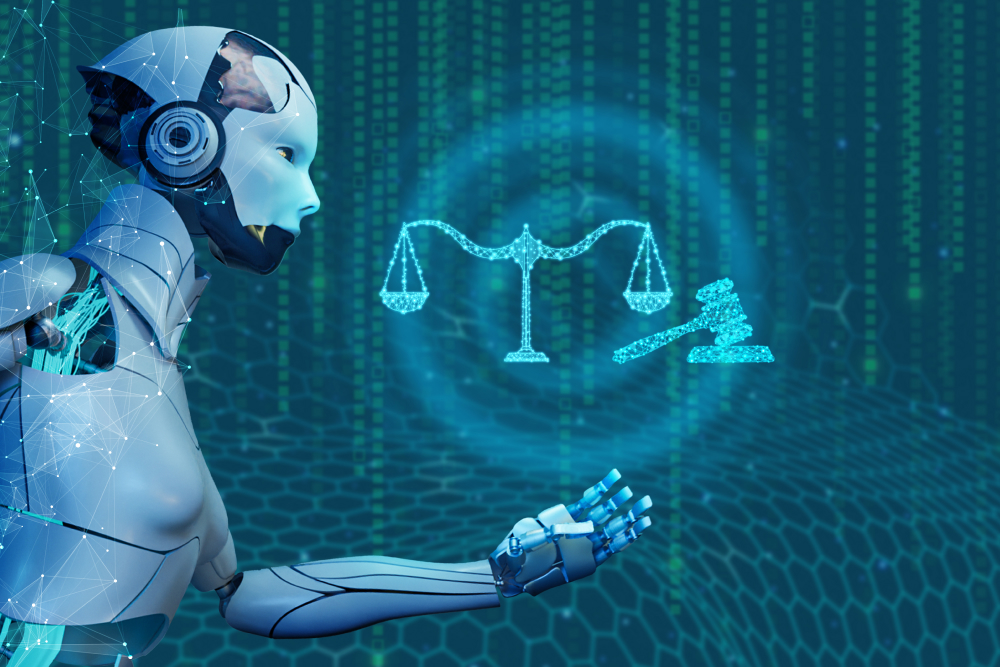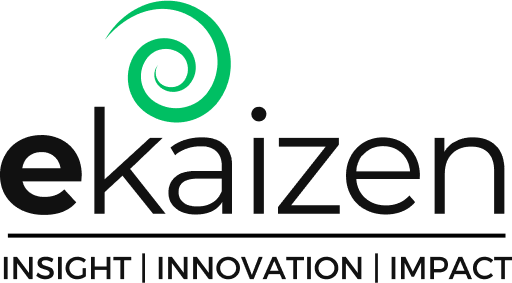
The Balancing Act: Ethical Consideration in the age of AI
The Ethical Use of AI: Opportunities and Challenges
Artificial Intelligence (AI) has the potential to revolutionize various industries and improve our daily lives. However, the rapid advancement of AI also raises concerns about its ethical implications. As AI systems become more sophisticated and autonomous, it is crucial to ensure that they are developed and used in an ethical manner. In this blog post, we will explore the pros and cons of AI, discuss opportunities to increase its ethical use, and provide examples of unethical AI practices.
Pros and Cons of AI
Proponents of AI argue that it can enhance efficiency, accuracy, and productivity in various fields. AI-powered systems can process large amounts of data, identify patterns, and make decisions faster than humans. This can lead to improved decision-making, personalized experiences, and cost savings. Jeff Bezos, the founder of Amazon, believes that AI will have a profound impact on society, stating, “AI is a big deal, and we are working on it in a big way at Amazon.” However, critics of AI raise concerns about job displacement, privacy breaches, and the potential for misuse. As AI systems automate tasks traditionally performed by humans, there is a risk of job loss, particularly in industries such as manufacturing and customer service. Additionally, AI systems may rely on large amounts of personal data, which raises privacy concerns if not handled responsibly. Elon Musk, the CEO of Tesla and SpaceX, has expressed concerns about the potential risks of AI, stating, “AI is a fundamental risk to the existence of human civilization.”
Opportunities to Increase Ethical AI Use
To ensure the ethical use of AI, it is essential to establish guidelines and best practices. One opportunity is to develop ethical frameworks that prioritize transparency, accountability, and fairness in AI development and deployment. These frameworks should be developed in collaboration with various stakeholders, including policymakers, industry leaders, and the public. Another opportunity is to invest in AI education and training programs. By educating the public about the potential benefits and risks of AI, we can foster a better understanding of the technology and encourage responsible use. Satya Nadella, the CEO of Microsoft, emphasizes the importance of AI education, stating, “We need to democratize AI so that everyone can participate in the benefits of this technology.”
Examples of Unethical AI Use
- Algorithmic bias: AI systems can perpetuate and amplify existing biases in society if not properly designed and tested. For example, facial recognition algorithms have been shown to be less accurate for people of color, leading to potential discrimination and false arrests.
- Surveillance and privacy violations: AI-powered surveillance systems can be used to monitor and track individuals without their consent, violating their privacy rights. In China, the government has implemented a social credit system that uses AI to monitor and score citizens’ behavior, raising concerns about privacy and civil liberties.
- Manipulation and deception: AI can be used to create fake content, such as deepfake videos and chatbots, which can be used to mislead and manipulate people. This can have serious consequences for elections, public discourse, and individual reputations.
Conclusion
The ethical use of AI is a complex and multifaceted issue that requires collaboration among various stakeholders. While AI has the potential to bring significant benefits to society, it is crucial to address the potential risks and challenges. By establishing ethical frameworks, investing in AI education, and promoting responsible use, we can harness the power of AI while mitigating its negative impacts. As Warren Buffett, the renowned investor, once said, “It takes 20 years to build a reputation and five minutes to ruin it. If you think about that, you’ll do things differently.”




